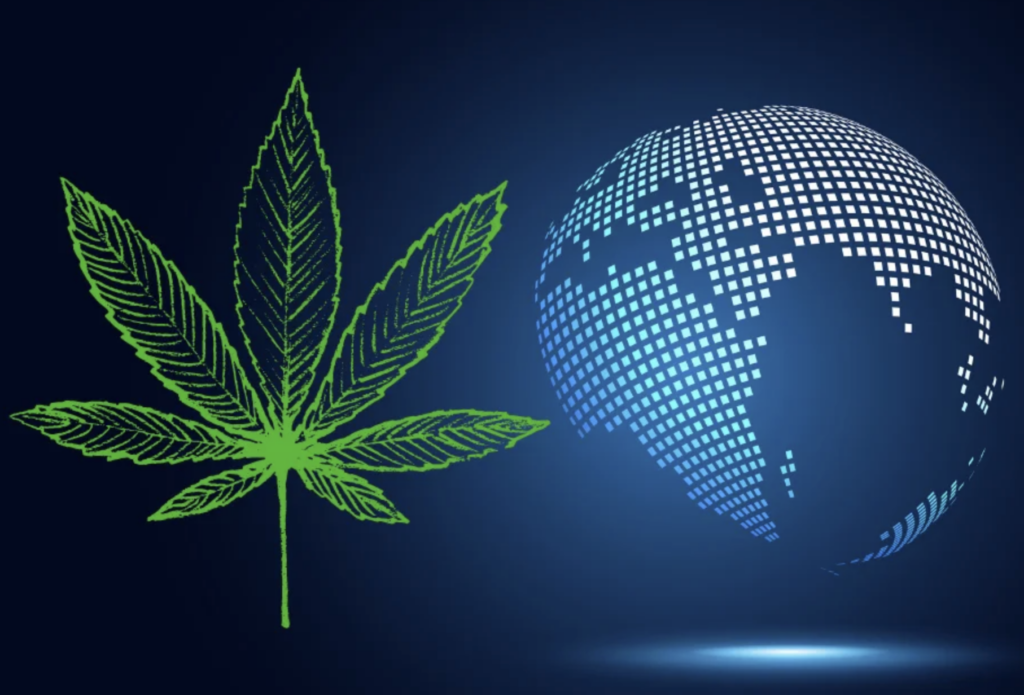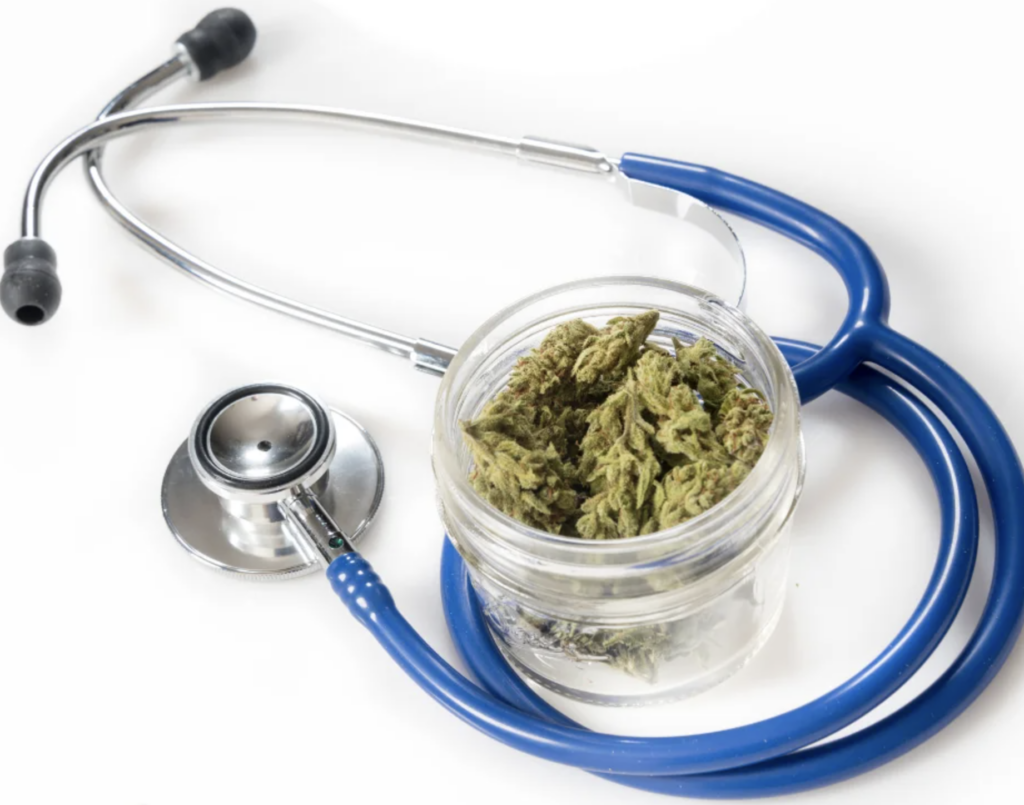
Medical cannabis has been legalized for use by patients in countries worldwide but not in the United States of America. Despite millions of anecdotal stories by patients and consumers as well as substantial medical research supporting its efficiency for a wide variety of ailments, the United States government seems to continue to ignore the truth about the benefits of medical cannabis. Luckily despite the continued prohibition at the federal level, states have taken it into their own hands and implemented legal statewide medical marijuana programs, which can be accessed with a medical cannabis recommendation and a little bit of paperwork in most states. This has given millions of patients across the nation access to this plant legally. Unfortunately, there are millions more that are still suffering that may find cannabinoid therapies to be quite beneficial.
Countries around the world, such as Australia, Denmark, Germany, Ireland, Italy, Jamaica, Norway, Peru, Switzerland, Thailand, and the United Kingdom, to name a few, have all legalized medical marijuana. Some countries around the globe, such as Canada, Mexico, Thailand, and even Uruguay, have gone as far as legalizing the recreational use of cannabis as well. But not the United States of America. The continued federal prohibition against medical cannabis in the United States isn’t the only way that the country is falling behind when it comes to cannabis in a global aspect.
The United States Wants More Research But Won’t Allow It
In these countries, not only are there millions of individuals gaining access to medical cannabis without the fear of the federal government they are also advancing in many areas. One of these is in the research surrounding cannabinoid therapies. Israel is a leading country when it comes to cannabis-based research and is where many of the major breakthrough discoveries regarding cannabinoids have originated. The United States of America’s federal government has hampered the research surrounding cannabinoids in the U.S. for many decades. Until very recent years, there was only one university that was approved by the U.S. government to cultivate cannabis for research purposes. The quality, however, has always been subpar, and getting access to the material for research presented many obstacles for researchers in the country. Unfortunately, these same issues still plague U.S. researchers due to the continued federal prohibition against recreational and medical marijuana.
The Global Cannabis Trade is Projecting Big Numbers
In addition to falling behind in regards of reform surrounding cannabis for medicinal purposes and losing the opportunity to be a leader in medical cannabis research, the United States of America is also missing out on participating in the global trade of cannabis through import export opportunities due to their draconian stance and continued federal prohibition against medical cannabis. According to statistics from Fortune Business Insights, the global cannabis market “is projected to grow from $28.266 billion in 2021 to $197.74 billion in 2028 at a CAGR of 32.04% in forecast period, 2021-2028.” If it weren’t for the brave states that have listened to the people and legalized cannabis, the United States would not be involved in this market at all. It’s surprising that those in the federal government haven’t taken the steps to ensure they get their hands in on this opportunity.
Medical Cannabis in Canada
Medical cannabis has been legalized in Canada since the summer of 2001. The program has gone through many different changes over the years and continues to thrive today. Similar to how medical cannabis patients in the United States must receive a medical marijuana recommendation from a physician, in Canada for patients looking to receive a prescription for medical cannabis, they must first obtain a medical document referring them to the program from a healthcare practitioner. They must also additionally obtain authorization to possess from Health Canada. The country also legalized recreational cannabis in 2018 which allows access to cannabis for all adults over the age of 19.
Medical Cannabis in the United Kingdom
The United Kingdom legalized the medical use of cannabis in the fall of 2018 after a public outcry became global news regarding cases of two epileptic children who were benefiting from the use of cannabis despite its then illegality. Patients in the country must receive a license from the Home Office in order to import prescribed medicinal cannabis once part of the program. Under the law, patients with an exceptional clinical need may gain approval for licenses to utilize medical cannabis, and due to this change, cannabis was reclassified as a schedule 2 substance in the country. Cannabinoid-based drugs such as Epidiolex, Sativex, and Nabilone are also legal in the country.

Medical Cannabis in Australia
Medical cannabis has been legal in Australia since the country legalized the cultivation of cannabis for medicinal and scientific purposes in 2016. The next year the Food Standards Australia New Zealand, also known as the FSANZ, changed laws allowing for low-THC hemp food to be legal for human consumption. Thanks to reform in the country, medical cannabis is legal at the federal level; however, the qualifying conditions, possession limits, and other details sometimes vary between territories.
Cannabis is Legal in Many Places, but Not in The United States of America
These are just a few of the countries around the world that have legalized and implemented programs to allow patients access to legal medical cannabis therapies. Unfortunately, in the United States, changes are only taking place at the state level. At the time this article was drafted, there were 37 states in the U.S. that had legalized medical cannabis programs. That is more than half of the country. However, according to federal law, these patients are criminals for seeking natural for relief. In states that have implemented programs, patients are required to receive medical marijuana recommendations in order to receive their medical cannabis cards which allow them to purchase cannabinoid-based products from dispensaries and provisioning centers in their state. If you live in a state with an operational medical cannabis program, make your appointment today to receive a medical marijuana recommendation.
Disclaimer: The information, including but not limited to, text, graphics, images and other material contained in this article is for informational purposes only. No material from this article is intended to be a substitute for professional medical advice, diagnosis, or treatment. Always seek the advice of your physician or other qualified health care provider with any questions you may have regarding a medical condition or treatment before undertaking a new health care regimen. Never disregard professional medical advice or delay in seeking it because of something you have read on this website.
